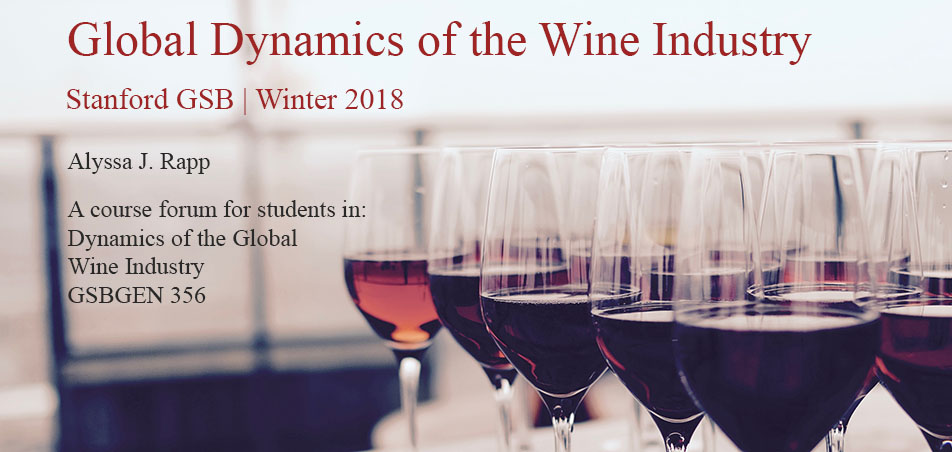Many surveys of men and women
find that on average, men have a preference for beer, while women are more
likely to enjoy wine and liquor. These
studies are rightly criticized for failing to control for the socialization
distortions inherent in survey studies:
people are often embarrassed to display their true feelings to a
surveyor, so instead supply the answer they suspect the surveyor expects.
A study in the journal Addictive Behaviors uses a different mechanism
to parse inherent preference from socialized expectation. The Implicit Association Test (IAT) uses
behavior to infer how closely an individual associates herself with a
particular stimulus (such as wine or beer) instead of asking directly.
The 2012 study involved 300
undergraduates aged 18 to 25 and asked them to quickly identify images and words
associated with different types of acohol (wine, beer, or liquor). The faster they identify the alcohol, the
closer the association.
The study found that these
implicit associations matched the stereotype: women were more closely
associated with wine and liquor, while men were more closely associated with
beer. This suggests (but does not prove)
that the preferences may be innate.
The original study can be found
at the link below.
https://www.sciencedirect.com/science/article/pii/S0306460312001256?via%3Dihub

This is really interesting Jordan, thanks for sharing this study! I do wonder though if there could be bias from the socialized consumption of these beverages: if women start drinking more wine/liquor rather than beer, might they then develop more of a taste for that beverage of time (and the inverse for men)? I definitely see that there is an issue in getting people to state their true preferences, but I would also think that their true preferences might still indeed be influenced by this socialized behavior expectation.
ReplyDelete